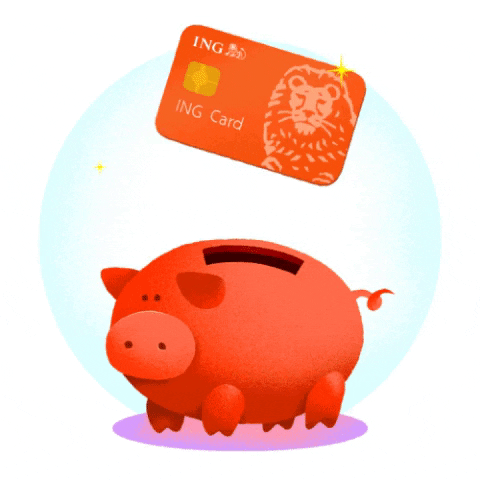Trade Republic - Round up
-------------------------------
The Trade Republic Round up is a savings function that allows you to invest small amounts automatically.
Each time you make a payment with your Trade Republic card, the amount is rounded up to the next full euro and invested weekly in an ETF or share of your choice.
Depending on your preference, the round up can be operated without a multiplier or times 2, 3x, 5x, 10x.
Case study:
For example, you pay €12.34 at a grocery store with the Trade Republic Debit Card.
With a simple round-up, your cash account is debited with €13 and the difference of €0.66 goes into the round-up pot, where all round-ups from card payments are collected until the following week.
In the following week for the regular savings plan execution, the accumulated amount is then invested in the share or ETF of your choice.
With an active multiplier, the same purchase would have resulted in a savings amount of 2x - € 1.22, 3x € 1.98, 5x € 3.30, 10x € 6.60.
Fun fact:
If a payment is round, for example €2.00, it is rounded or multiplied by 1 whole euro. So a coffee at McDonald's Austria with 10x round up, which I treat myself to at most once a week (sometimes maybe twice), costs me €12.00 instead of €2.00. 🤪
My personal opinion:
I love the round up feature. Especially with the tenfold multiplier, it just adds up. High double-digit and small three-digit amounts are absolutely realistic, depending on how the cards are used.
Because daily spending and consumption seem to cost me more and sometimes much more (McDonald's, for example), I think more carefully about whether a purchase is really necessary and consume more consciously overall. At the same time, I'm getting used to a higher price level in the future, which helps me to manage money better in the long term.
Another small advantage is that the round up can be processed longer and more often than savings plans. I'm not sure, but I think the round up can even be edited on the day of execution. In any case, it can still be edited the day before, when savings plans can no longer be edited "long ago", and it can also be edited every week, whereas with savings plans it is only possible to create or adjust them every two weeks.
--------------------------------------------------------------------------------------------------------





